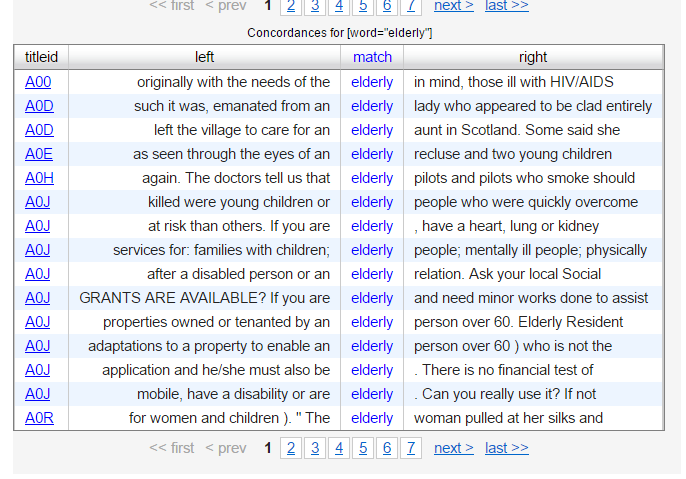 Prologue
Prologue
I was going to go to a conference relatively recently but at the last minute I decided not to because I hadn’t actually looked at the price. I thought that because it wasn’t the JALT (Inter?)national conference (nor was it a JALT event at all) that it might be relatively cheap, also seeing as it was at a university campus.
I nearly vomited in my mouth at the price when I saw it. Seeing it there, I hope the keynote presenters were paid for their time, especially seeing as it was unlikely that major publishers would have been paying for them.
1. Possibilities vs. Practicalities
I know that space with nice chairs and decent coffee doesn’t come for free but I also know that some of the teachers who give a damn about their CPD or lack of it can’t afford to pay the equivalent of US$200 to see someone give a talk or workshop that may (or may not) be useful for them in their context.
I’ve never really been that interested in any of the ‘name’ ELT people bar Scott Thornbury and Luke Meddings because what seems to be the case at IATEFL is that facile reinforcement of (perhaps erroneous) beliefs is what draws the attention on the internet, with the exception of Silvana Richardson’s NNEST plenary and Russ Mayne’s Myths in ELT presentation. Geoff Jordan complains about the IATEFL palaver, with big names. To justify a large cost I suppose they need names, but why not cut the costs?
I’ve never been able to get to big conferences due to work but the ones I have made it to have been highly participatory and kind of grassroots. I have also loved many of the webinars I’ve attended and some stuff that might fly might be a hybrid of the two.
2. The Interzone of Cyberspace and Meatspace
Imagine 20-odd people gathered in a space with a mike, a projector, a webcam and several others watching online, feeding questions for the speaker into a public Google document or Twitter hashtag. Imagine 20-odd others in another space in another country watching on a projector, while one of them has the familiar stomach-cramps related to their upcoming presentation-come-workshop.
Google already allows live streaming on YouTube and there are other providers, too. Electronic Village Online has already done web conferences. What about face-to-face with an electronic function? The live-tweeting phenomenon points in this direction, as people seem to want it.
You get to have the communal experience, with networking breaks, yet also have people presenting that you’d never see because they would never normally be able to make it due to time/money/family.
3. Outreach
What good is a conference when it is an echo chamber? Why preach to the choir? In Japan, we need chain eikaiwa teachers and dispatch agency ALTs to come and listen but, more importantly, make their voices heard. Do you know why there is little action research or exploratory practice done in eikaiwa? It isn’t the companies, because people could be taking notes on their regular students, and often do in the roll books. It’s because the teachers know that nobody outside is reaching out to them. Nobody gives a monkey’s. Yet these people do ditch the book, do try out-there things with their students from time to time. I know it would help more of them (as it helped me) to learn more about SLA without it seeming high handed. It would help them if they saw principles put into practice in a workshop. If they could hear people like themselves elsewhere, and also unlike them, with new ideas and alternative perspectives, it would help massively. If it were made accessible, through technology, at cultural centres or coworking spaces, this could easily happen.
4. What could this be like?
It could be like Lesson Jamming.
It could be like Edcamps.
It could be like Electronic Village Online, the ToBELTA web conference, iTDI’s summer webinar season.
It could be like JALT Saitama’s Nakasendo, or Michinohe MEES linked to different locations, available on mobile phones and laptops and projectors and TVs.
If you are interested, message me on Twitter.








 Prologue
Prologue